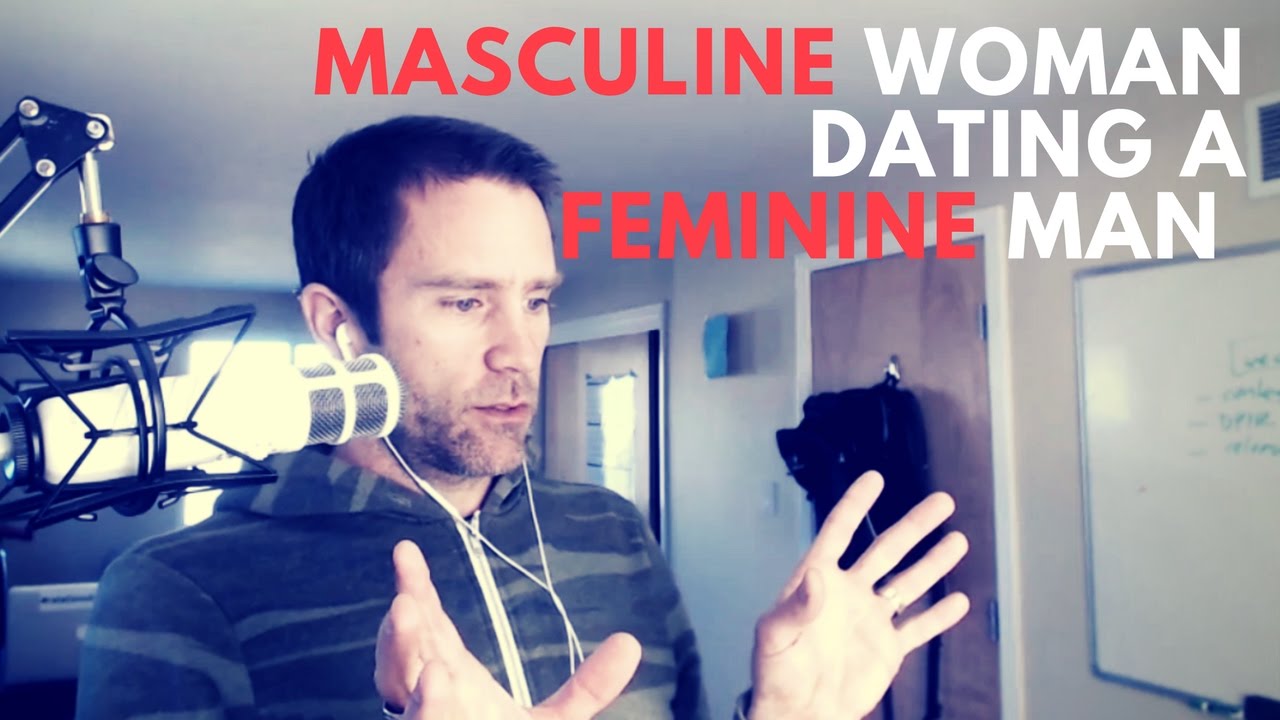Do you feel like you’re in a relationship with someone who avoids you when things get a little heated? Maybe you’re concerned with an issue you want to talk about, but when you approach them, your partner pulls away and shuts down. There are ways to break this pursuer-distancer pattern.
When your partner withdraws you get anxious, right? Your mind begins to race and you start to think, “What’s going on?” Every hour that passes, you get more worried and get stressed out. If they don’t return your text, you are easily upset.
So, what can you do in these situations? Other than learning how to relax and be yourself, being with someone with avoidant attachment has its challenges.
Nonetheless, this doesn’t have to be your relationship pattern. By understanding why your avoidant partner pulls away and putting your emotions in check during your ‘downtime,’ you can both help each other communicate in a healthy way. In order to do so, here is some good advice to follow if you are an anxious pursuer in a relationship.
Empathize with your partner
It’s easy to come to your partner to get things off your chest because you want to relieve your anxiety. After all, you’re the one who feels upset.
But when your partner feels your anxious energy, they interpret this as you coming after them. And instead of relieving you, they pull away further and even shut down. Ouch. When this happens, it’s important to remember not to take it personally. This isn’t about you, it’s about them retreating into a learned behavior.
If you have been with your partner for a while, you should know this person well. You know where they come from and what their upbringing was like. The key thing is to empathize with your partner.
When you’re feeling anxious, put yourself in their shoes. If you know they were brought up in a household that avoided talking about their emotions and instead avoided the topic altogether, then showing empathy should not only help them feel understood, but it will also help you reduce your anxiety. Think about what it might be like to be them and the distance in their world is about protecting themselves from getting hurt.
Communicate with understanding
Communicating with understanding is a combination of showing empathy and listening to your partner’s need to withdraw. This means you don’t come at them by complaining or they will feel like they are being criticized. Then guess what they’ll do? Shut down again.
Instead of saying, “What’s wrong? Why can’t we talk? When are you going to come back?” With your anxiety triggered, this approach pushes your avoidant partner further away.
To get communication going with an understanding tone say, “I know there’s a lot going on in there, and you might not even know what to say or do about it. But I’m interested to know because I’m curious about you. I’d like to understand you better.”
Can you imagine, by saying you want to understand them better, this approach will help them bring their guards down? Chances are better, communicating with understanding is going to relax them with this type of statement versus what you habitually do.
Navigate together to find a compromise
The partner who needs space, or the avoidant partner, needs to understand that being in a relationship requires open communication. Therefore, the avoidant partner should commit themselves to heal past traumas for the relationship to work.
As the anxious pursuer in the relationship, you have to understand and give your partner more space. While your partner has to push themselves to look ahead and adapt a healthy communication style that fulfills both your needs.
You both need to have a discussion where you answer these questions, “How are we going to navigate in these moments when I want to work something out and you don’t want to talk about it all? How can we do that in a way that’s fair for both of us?”
It’s very important to commit to navigating alone time before they need time to process things because you’re acknowledging that you value them and your relationship.
Here’s a short video on the subject:
Set healthy boundaries
Remember, It’s easy to complain when your partner pulls away. But as we often see in insecure relationships, when the anxious pursuer in the relationship complains, it doesn’t go over well. The best thing to do before your partner needs time to themselves is to set healthy boundaries.
Eventually, the anxious pursuer in the relationship and your partner need to re-establish a connection. Healthy boundaries involve expressing your needs beforehand by telling them what you won’t tolerate. For instance, say, “I understand you need some space. I’ll give it to you. But how long do you need? I’m willing to wait a day or two, but I won’t tolerate four to five days because I’ll be too anxious and that’s not good for either of us.”
Remember, you both need to extend yourselves to a certain degree and establish those boundaries. The distancer gets their ‘alone time’ to think. While in the meantime, the anxious pursuer in the relationship needs to learn not to get angrier by empathizing with their partner and think, “I imagine it’s difficult for my partner when they shut me out. But I know within the time frame we agreed on, they’ll eventually come around and be ready to talk.”
Get professional hands-on support
Getting professional support to help you both navigate through your relationship is an additional step in setting healthy boundaries and navigating together to find a compromise. If your needs are not met, talking it out with a relationship coach can serve as a middle ground for both of you.
If your partner is constantly withdrawing and it’s causing problems in your relationship, let us help. Instead of arguing in circles, invest in learning how to solve conflicting relationship issues.
Want a deeper dive? Listen to this podcast here, where my wife and I unpack this further.
—–
Want more relationship help? Take our free virtual relationship workshop here.











